Are you considering wearing contact lenses? Do you already have them, but need to brush up on your care techniques?
Listen up! This guide contains important stuff you need to know for the care of your eyes and contact lenses.
1) What’s up, Doc?
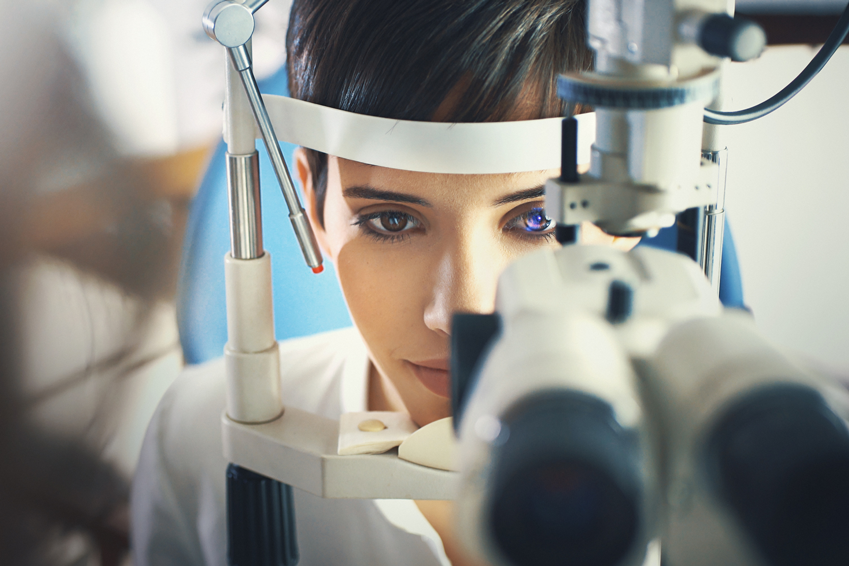
Get yearly comprehensive eye exams. For a contact lens wearer, this is a must. Some doctors even suggest once every six months.
A thorough eye exam will include checking the curvature of the cornea, the presence of any microscopic scratches, and abnormal blood vessel growth due to lack of oxygen to the eye.
2) “I’m scrubbing in.”
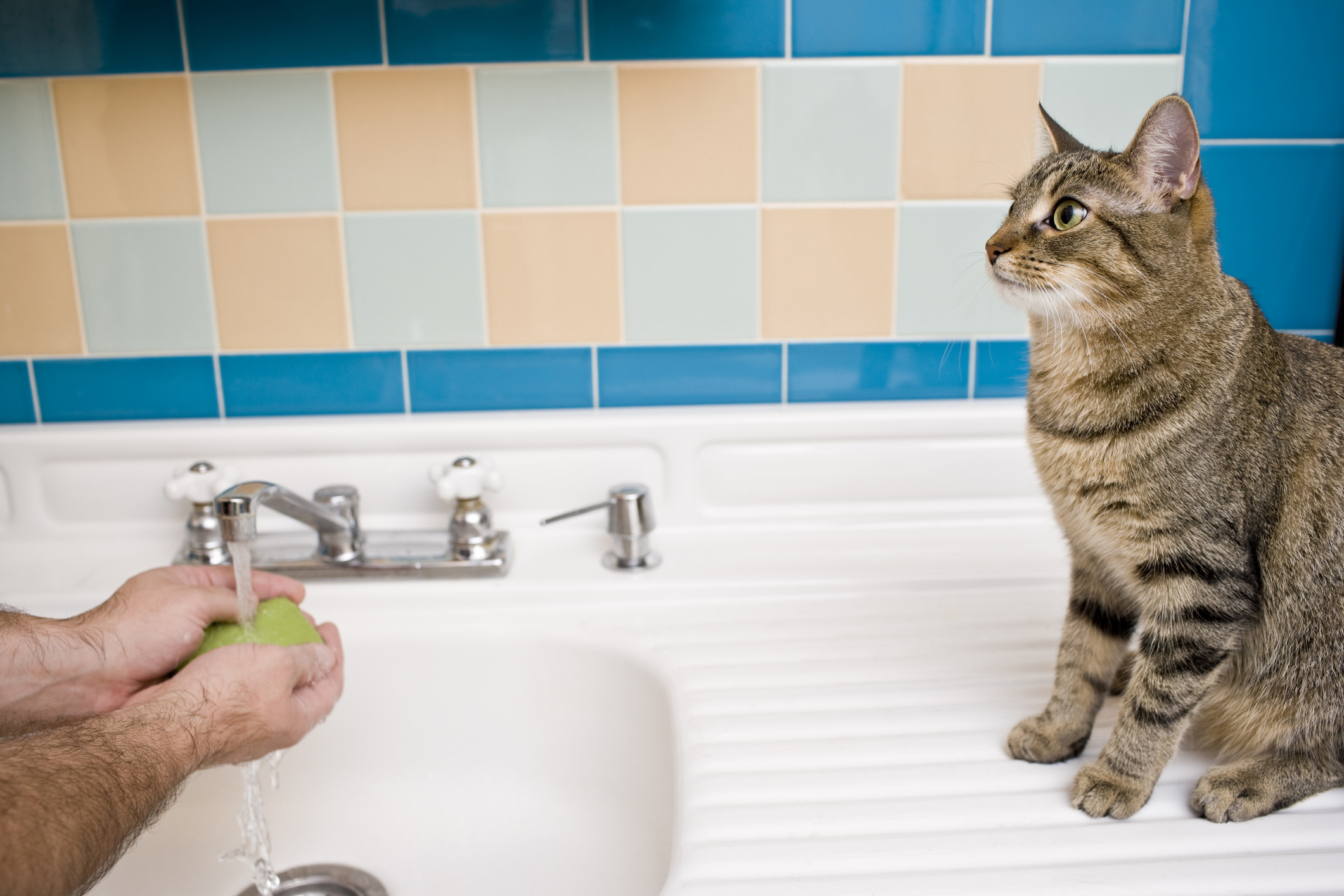
Always handle contact lenses with freshly washed hands. Then, ensure hands are absolutely dry. Water can create a breeding ground for germs, so avoid any water touching your lenses.
3) Don’t throw in the towel.
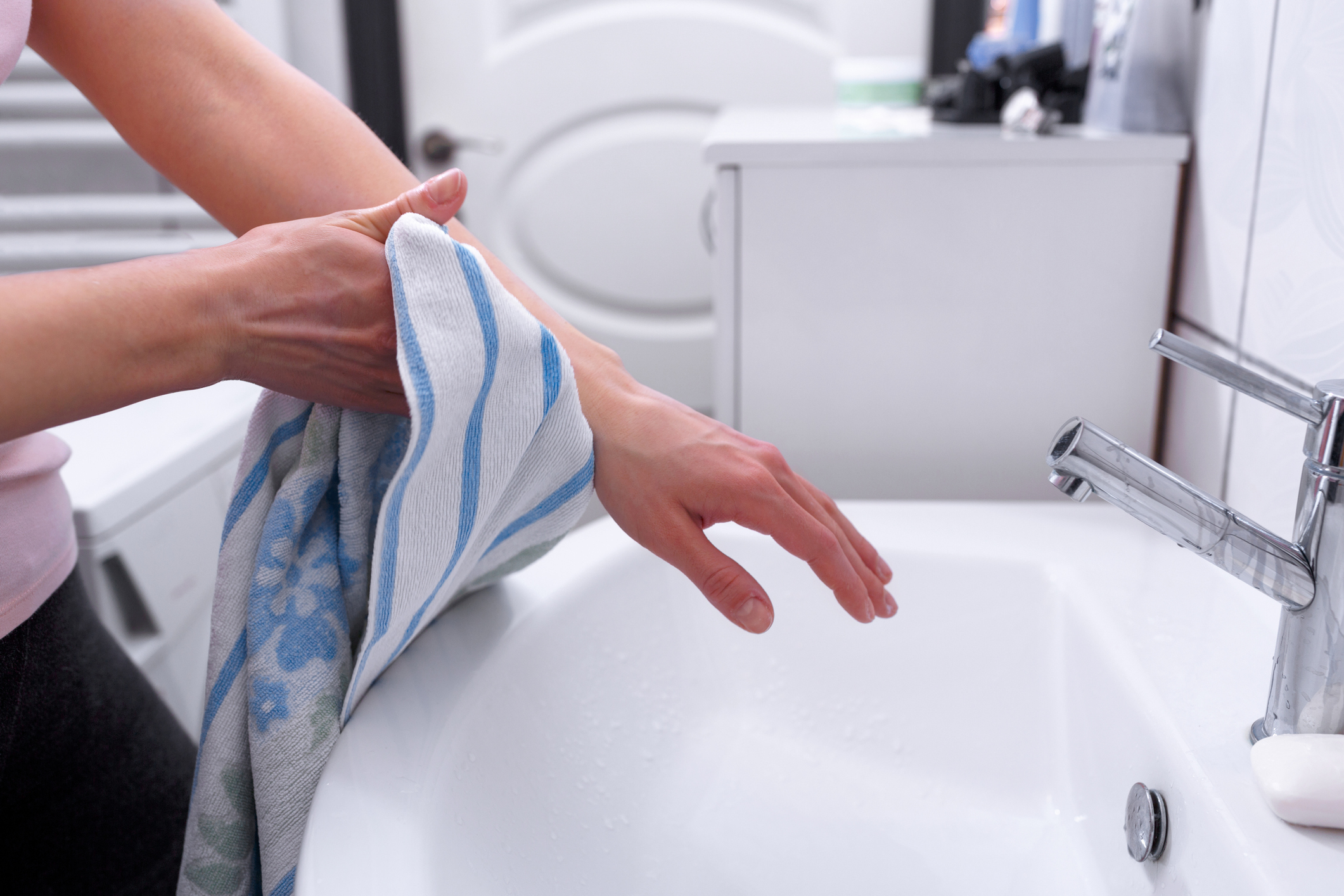
Be warned, any tiny bits of lint, dust or cloth that get on your fingers could attach to your lenses and cause irritation and further problems. Ensure that hands are dried with a lint-free cloth or towel.
4) Put on contacts first, then the makeup.
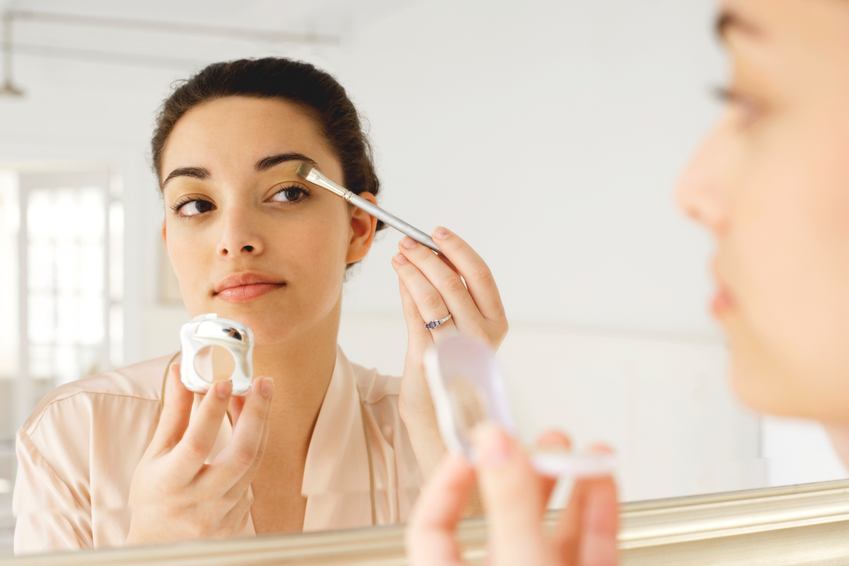
Makeup always leaves a bit of residue behind. Ensure that contacts are already in place, to avoid residue getting lodged between your cornea and lenses.
Ensure also that makeup is free of bacteria. Change eyeliner, mascara and eye shadow often. To kill bacteria, you may want to use a bit of alcohol to clean the tip of your eyeliner pencil.
5) Bring on the tears.

Are you allergic to dust? Are your eyes naturally drier than most? Did you know that a possible side effect of birth control pills is dryness of the eyes?
When your eyes feel dry and irritated, it’s important to use eye drops or re-wetting drops to regain moisture. Be warned, eye drops that are not meant for contact lenses can temporarily change how a lens conforms to your eye, or possibly even discolor your lens.
While it’s important to hydrate, try not to apply eye drops or re-wetting drops beyond your doctor’s specifications or directions on the box. Using them too much may cause burning or sinus irritation.
6) Know what kind of cleaner your lens requires.
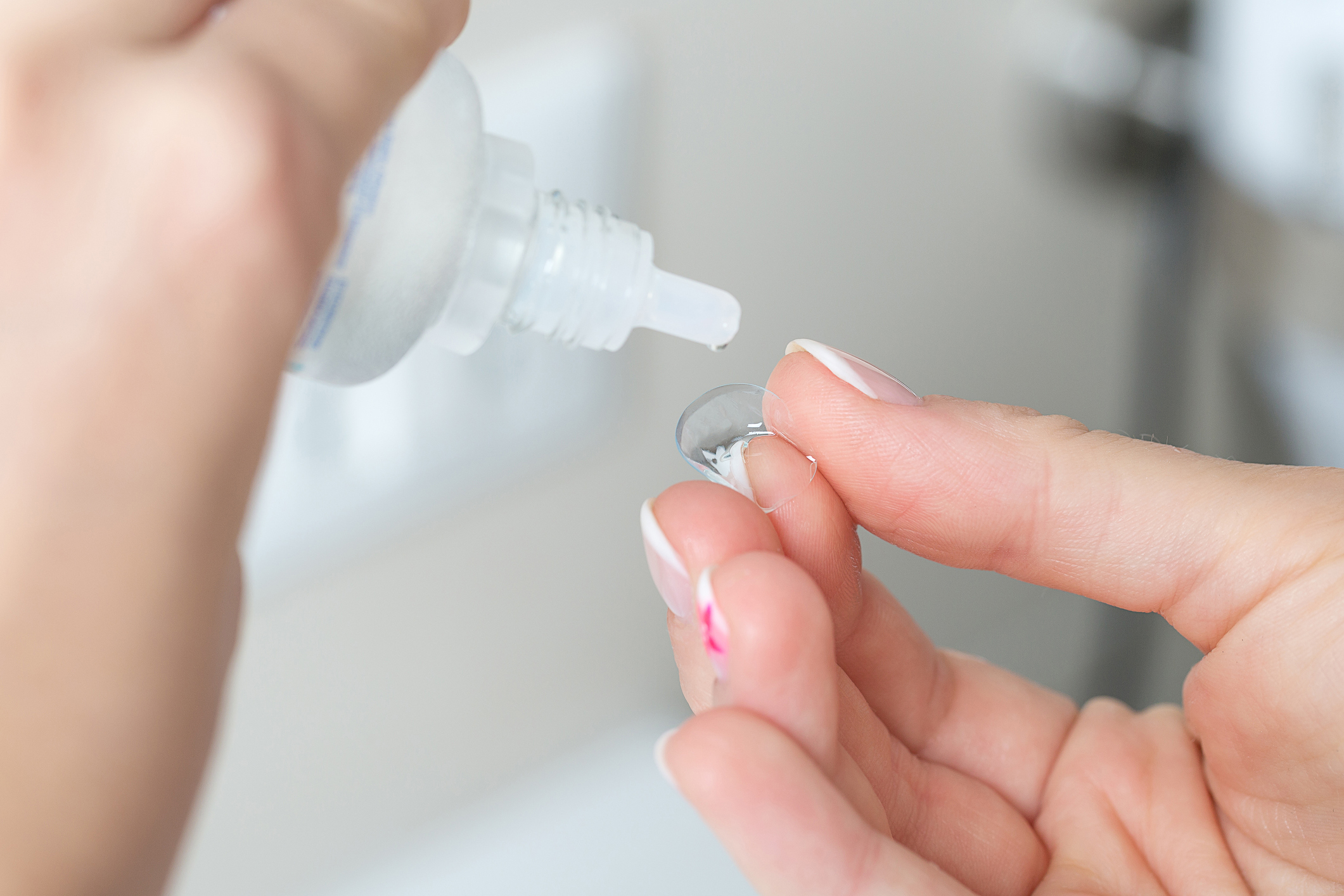
The eye produces proteins that can cling to your contact lenses and cause irritation or limited vision. So the longer you wear your lenses before replacing them, the more likely this will happen.
If you replace lenses only once or twice a year, you might consider using a protein remover. Opti-Free Replenish, for example, is a multi-purpose liquid that provides daily protein removal.
If you wear disposable contact lenses, obviously, your risk of protein buildup is slimmer.
7) Try wearing contacts no more than eight hours at a time.

While you can wear your contacts for longer periods and not necessarily get an infection, you can decrease the risk by minimizing the time you wear them. This allows your eyes to breathe, and it reduces deposit accumulation.
8) Properly evaluate the need to use “extended wear contact lenses.”
[arve url=”https://res.cloudinary.com/mcsvideoc3/video/upload/v1570139643/GettyImages-544211856_zrgqid.mp4″ autoplay=”yes” controls=”yes” muted=”yes” loop=”yes” play_icon_style=”none” mode=”lazyload”]
Extended wear lenses can be worn for days without removal. Although recent versions allow more oxygen to the eye, it is generally safer to remove contacts every night before sleeping. Consider whether you really need extended wear type lenses.
9) Replace your contact lens case at least every 3 months.
[arve url=”https://res.cloudinary.com/mcsvideoc3/video/upload/v1570139948/GettyImages-936722408_qxiooq.mp4″ autoplay=”yes” controls=”yes” muted=”yes” loop=”yes” play_icon_style=”none” mode=”lazyload”]
It makes little sense to ensure the cleanliness of your contact lenses when the case may be accumulating microscopic dirt that you do not know about. Try to replace your case at least every quarter and/or sanitize it properly.
10) Store your lenses at the right temp.

Not too hot, and not too cold, per instructions. And please ensure that lenses are completely submerged in solution that is also at the proper temperature.
The Bottom Line on Contacts

If you follow these crucial tips, you will have a much better and safer experience while looking great, too! See your eye care professional for more tips.

